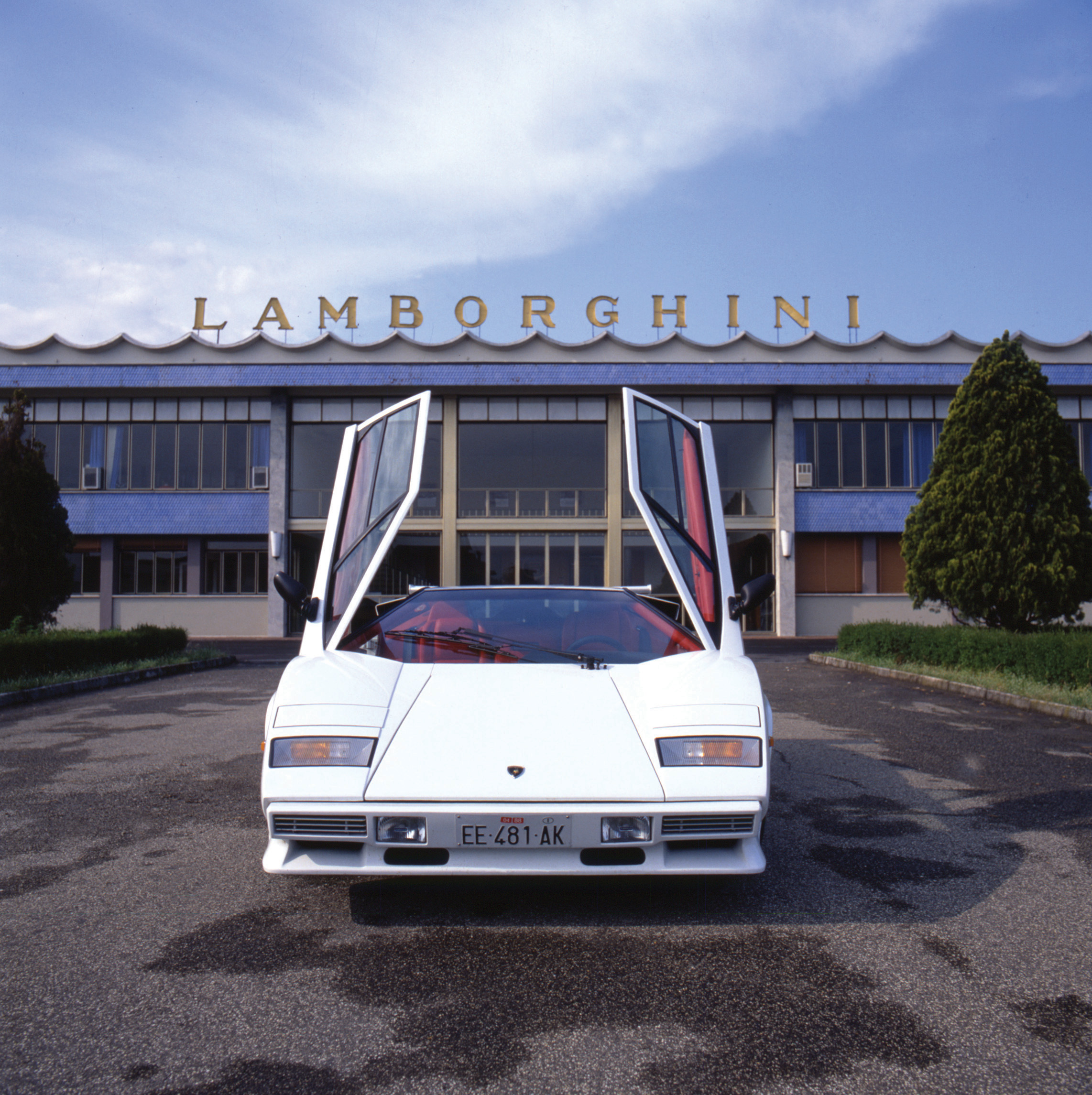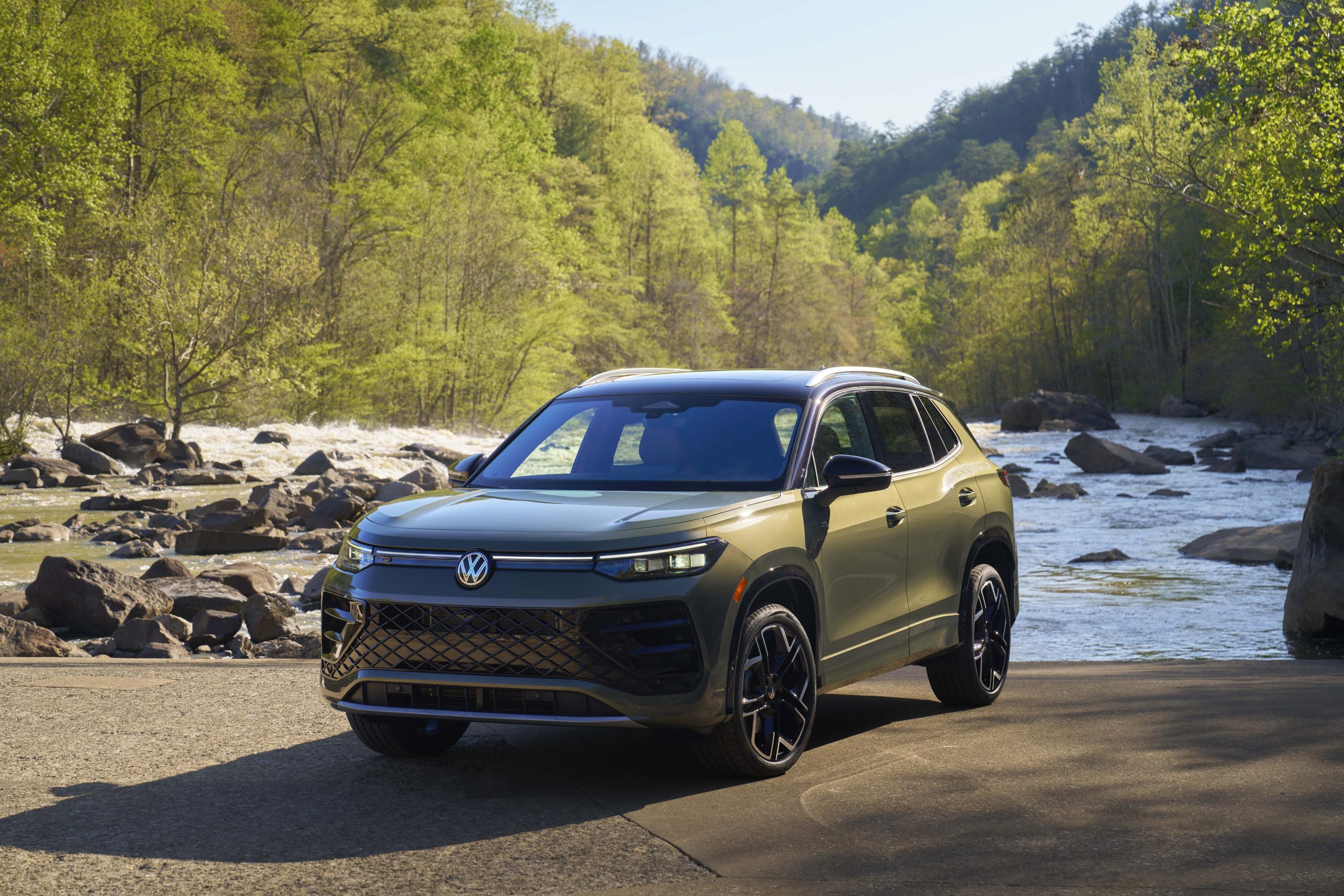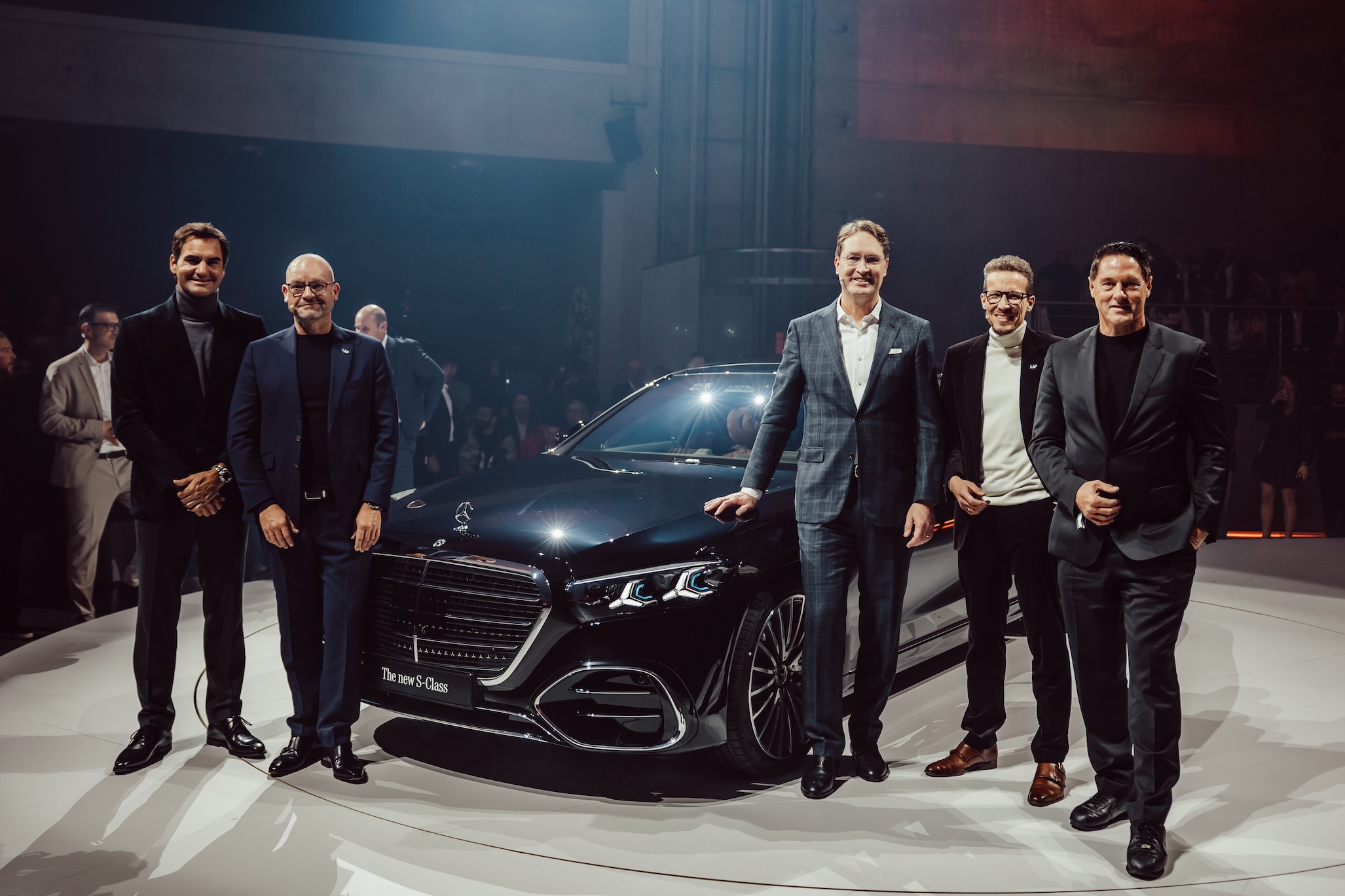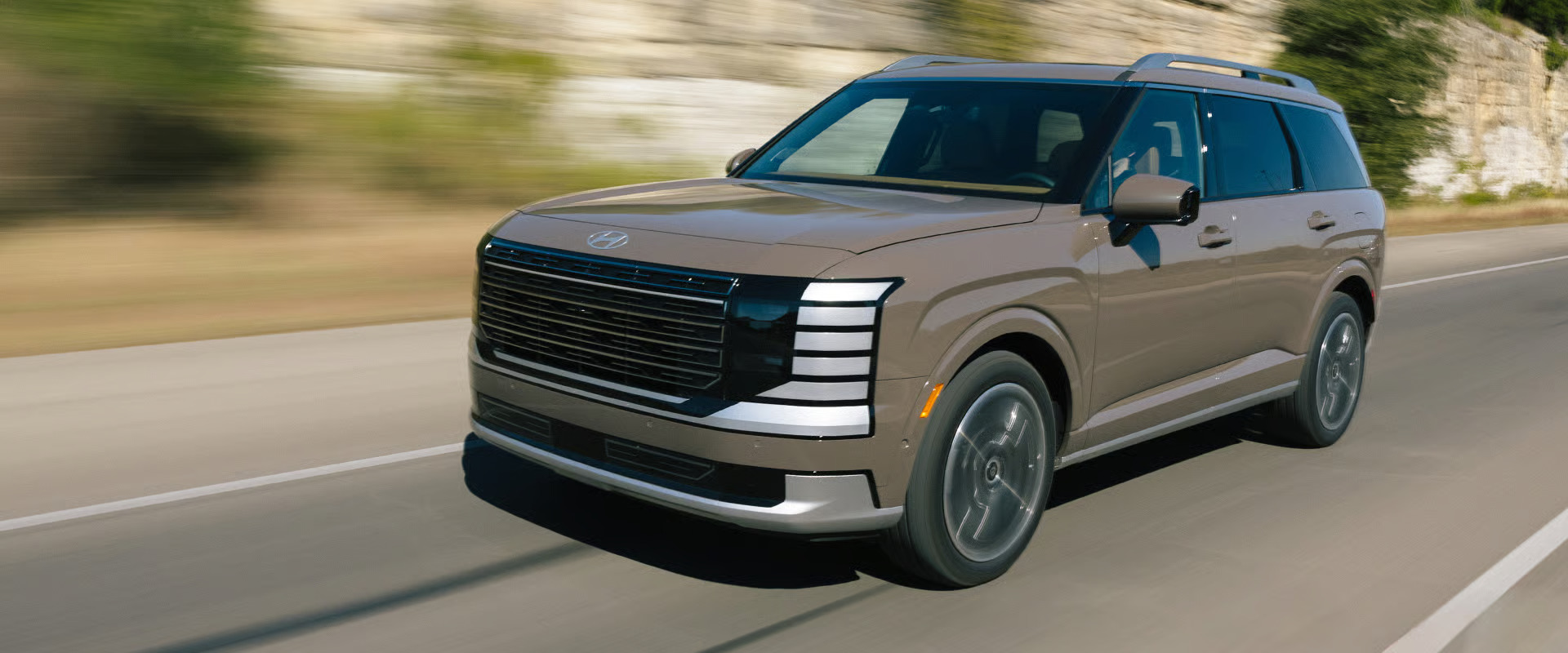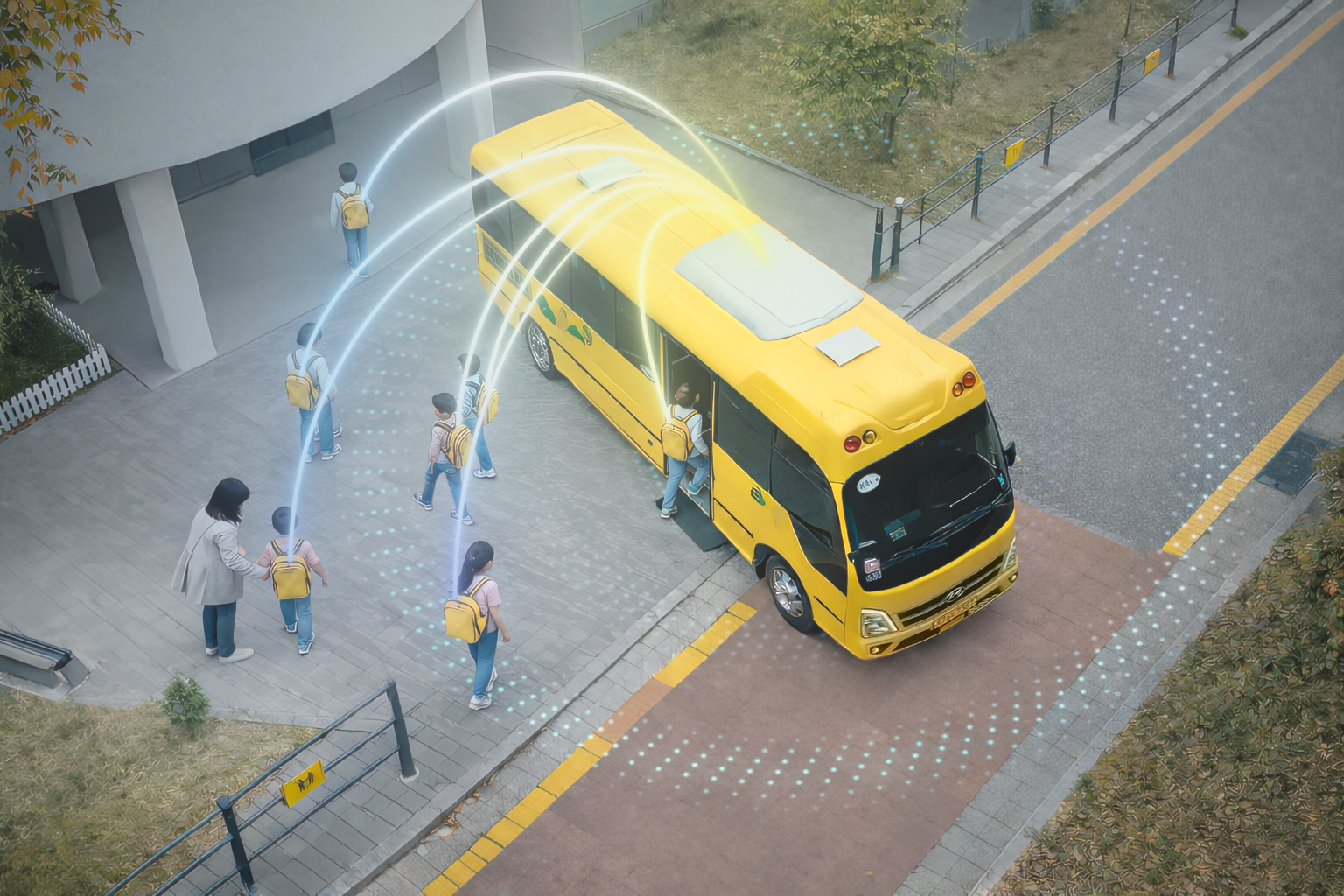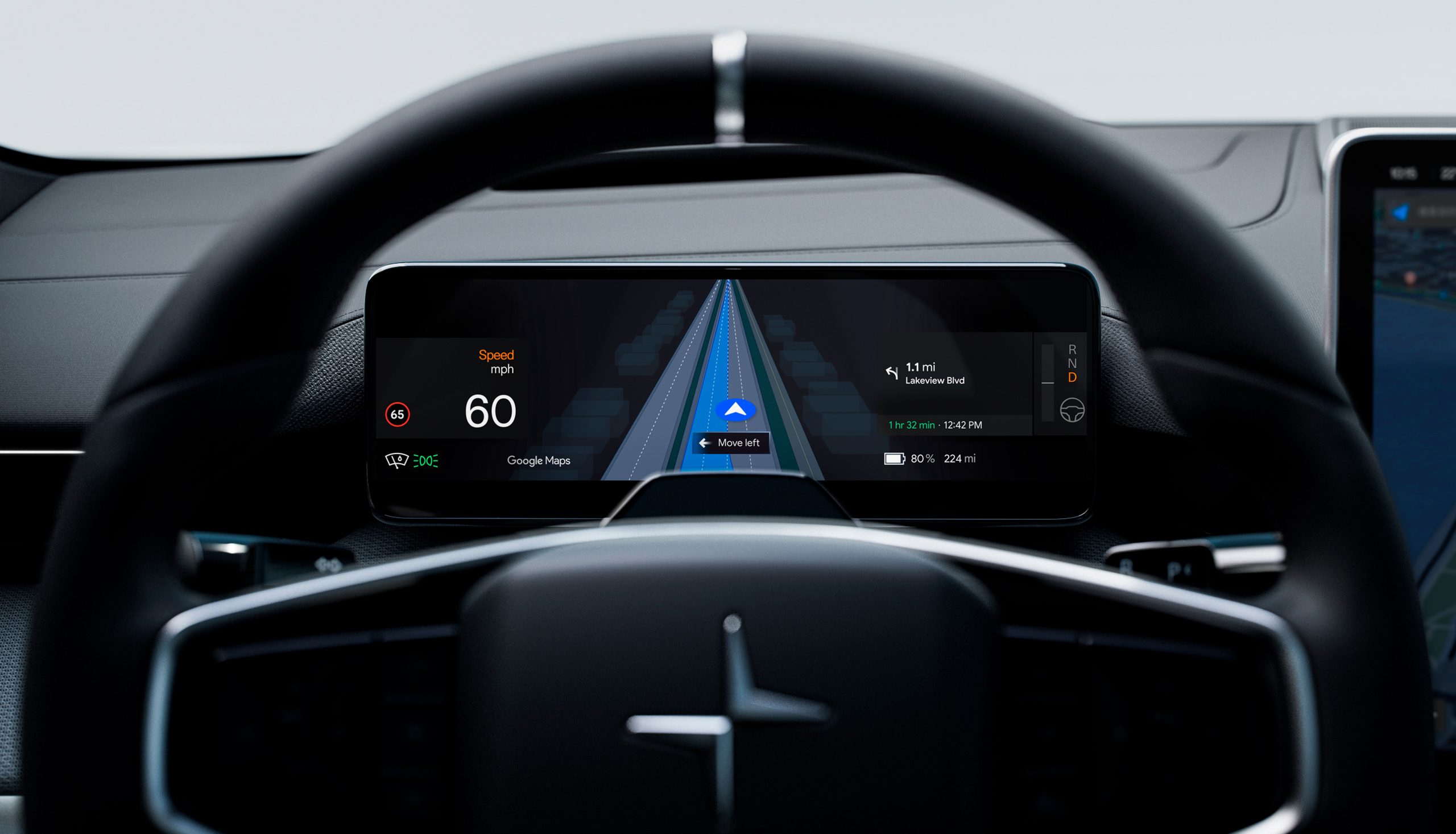Senate Republicans Unleash Rarely Used Congressional Review Act To Repeal California’s EV Mandate
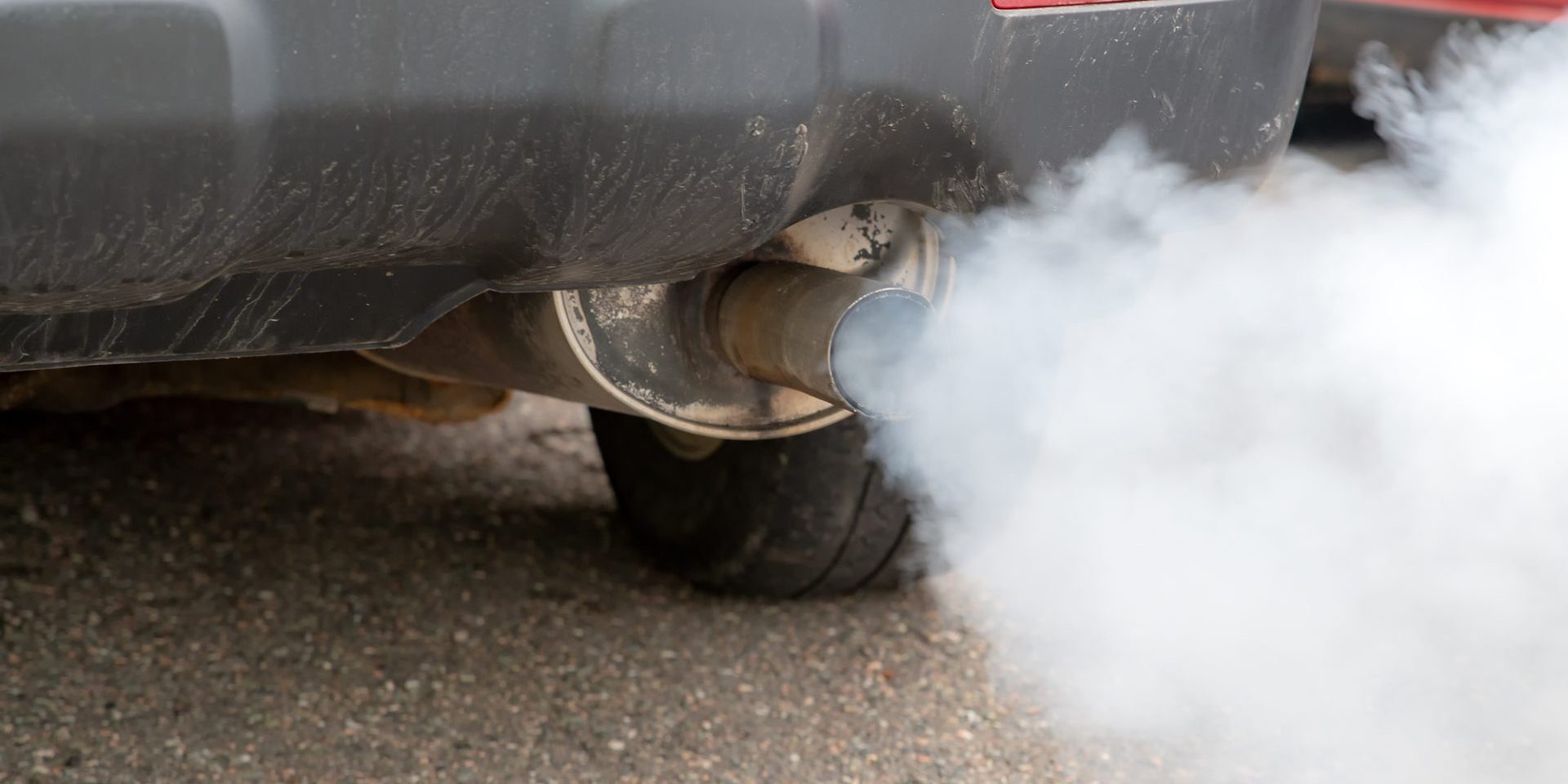
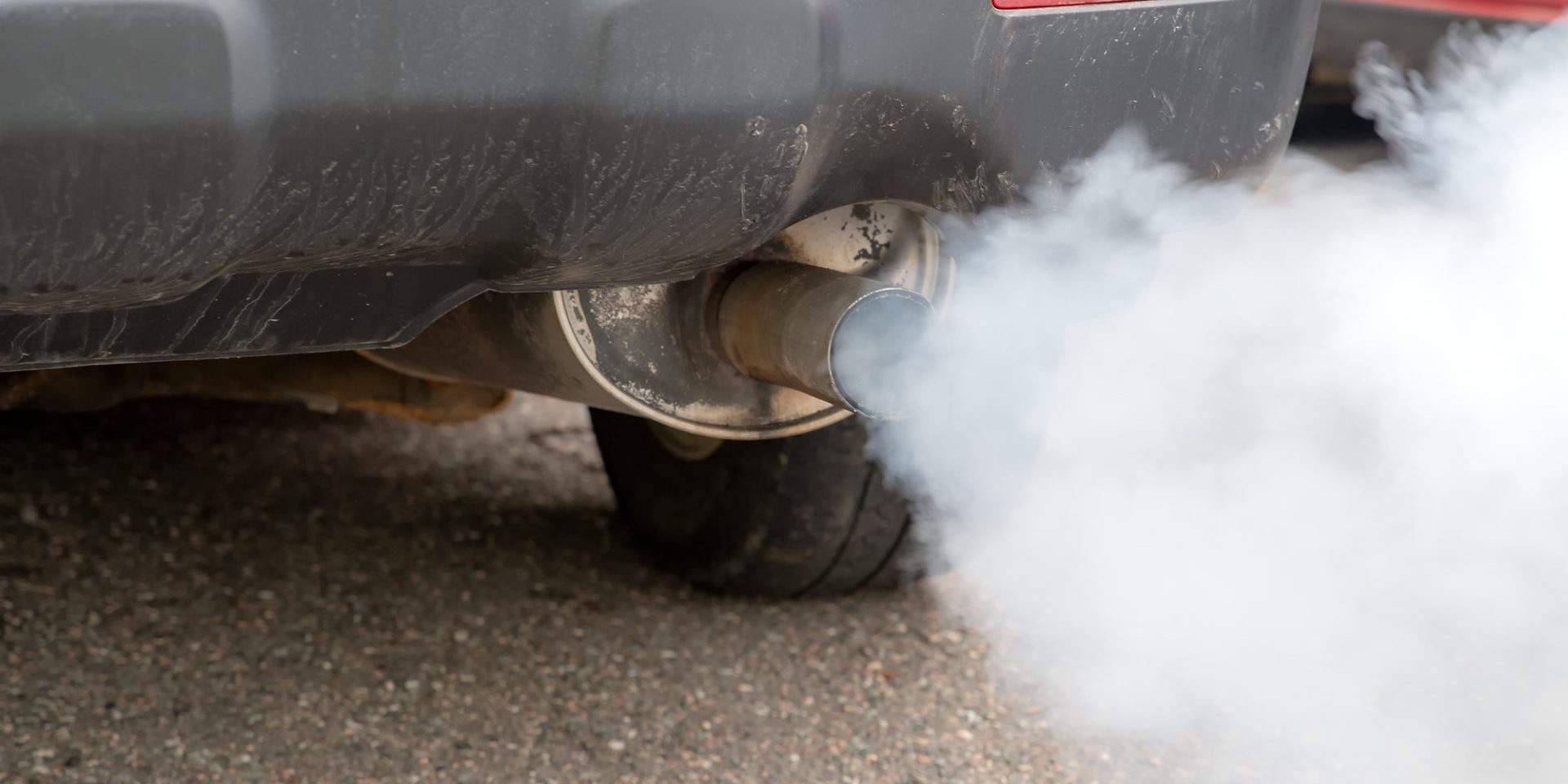
In an unprecedented move, Senate Republicans voted 51-44 last Thursday to repeal California’s groundbreaking rule that would have banned the sale of new gasoline-powered vehicles by 2035. Leveraging the seldom-used Congressional Review Act, the Senate nullified a waiver granted under the Clean Air Act, marking the first time Congress has taken such action in the law’s half-century history.
California’s ambitious rule was a key component of the state’s aggressive plan to shift the auto market toward electric vehicles. With 11 other states poised to follow suit, the collective impact would have encompassed approximately 40% of U.S. auto sales. The Senate’s decision represents a significant victory for the oil and gas industry and a major setback for climate advocates who had hoped to use state-level policy to drive the national market toward cleaner technologies.
Governor Gavin Newsom and Attorney General Rob Bonta have vowed to sue the Trump administration over what they deem an “unlawful” congressional action. “This is about our economy, it’s about our health, it’s about our global competitiveness,” Newsom asserted. “It is, Donald Trump, about our national security, and it’s about our ability to continue to innovate and outpace competition all across the globe.”
Legal experts contend that the Congressional Review Act should not apply to California’s waivers, as they only affect one state. However, Republicans argue that California’s standards effectively dictate national policy, given the significant number of automakers that adhere to them.
In addition to the EV mandate repeal, the Senate also voted to block California rules requiring half of new trucks sold by 2035 to be electric and limiting emissions of nitrogen oxide, a primary contributor to smog. Having passed the House earlier this year, all three measures are expected to be signed into law by President Trump. In response, Senator Alex Padilla of California placed a hold on several EPA nominees and issued a stark warning of future retaliation, stating, “All bets will be off” the next time Democrats hold a majority.
Although some automakers, such as Ford and Honda, had agreed to California’s emission standards, the industry as a whole pushed back against the 2035 mandate. The Alliance for Automotive Innovation declared the targets “never achievable,” citing infrastructure gaps and market readiness. Senator Elissa Slotkin of Michigan, the lone Democrat to side with Republicans, pointed to concerns raised by automakers in her state.
The ruling leaves California scrambling to revise its climate strategy. Officials may explore alternative options, such as cutting emissions from factories and refineries or increasing incentives for EV purchases. They may also consider penalties for gas car usage, like higher registration fees.
However, a clause in the Congressional Review Act prevents California from adopting any rule “substantially the same” as the one just repealed—a potential legal roadblock that could hinder the state’s efforts for years to come. “We’re going to have to think pretty innovatively,” said Dean Florez of the California Air Resources Board. “But there will still be a massive hole.”
As the battle over California’s ambitious climate agenda unfolds, the state finds itself at a critical juncture, forced to navigate uncharted territory in its quest to combat climate change and drive the nation toward a cleaner, more sustainable future.

